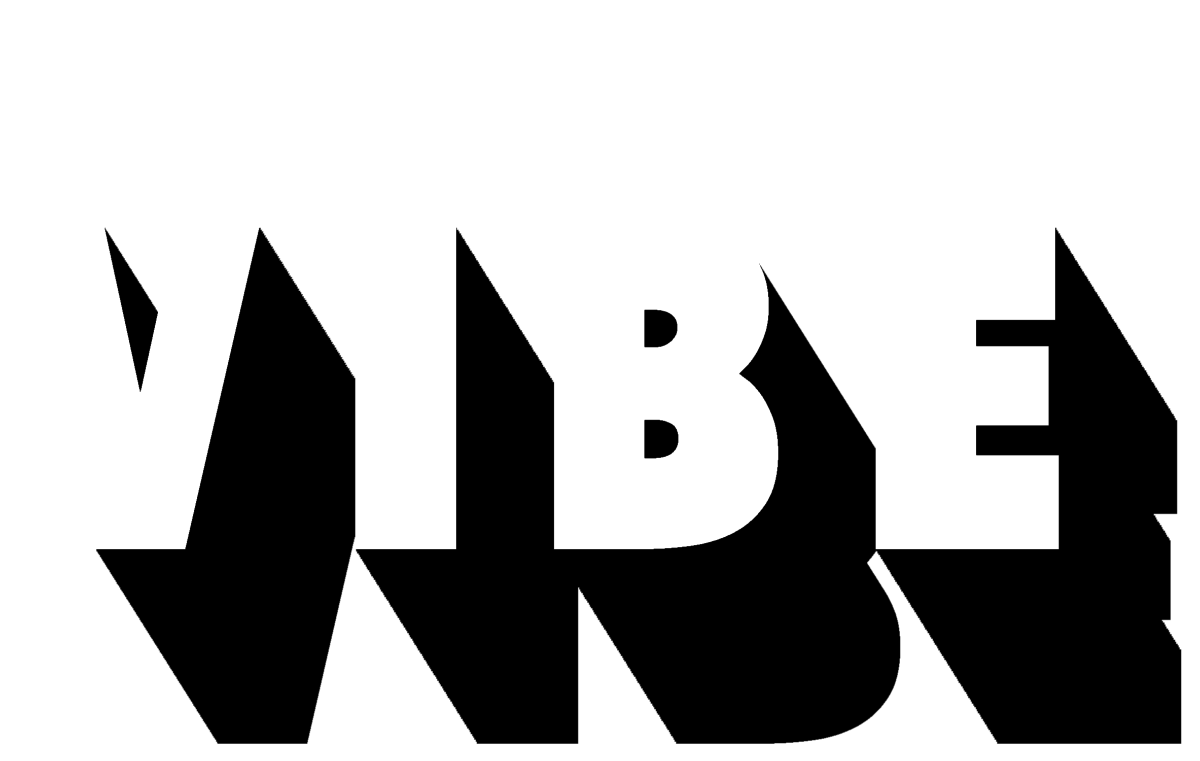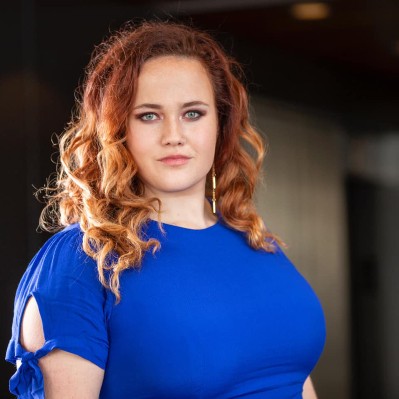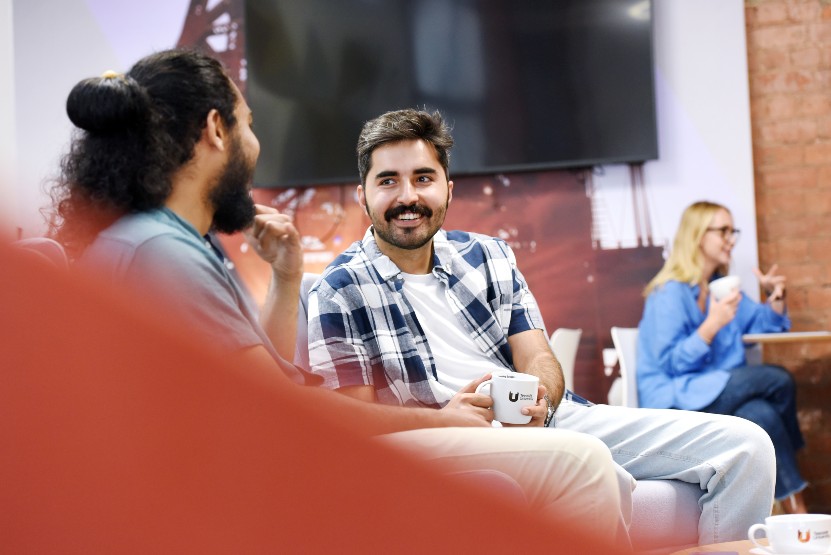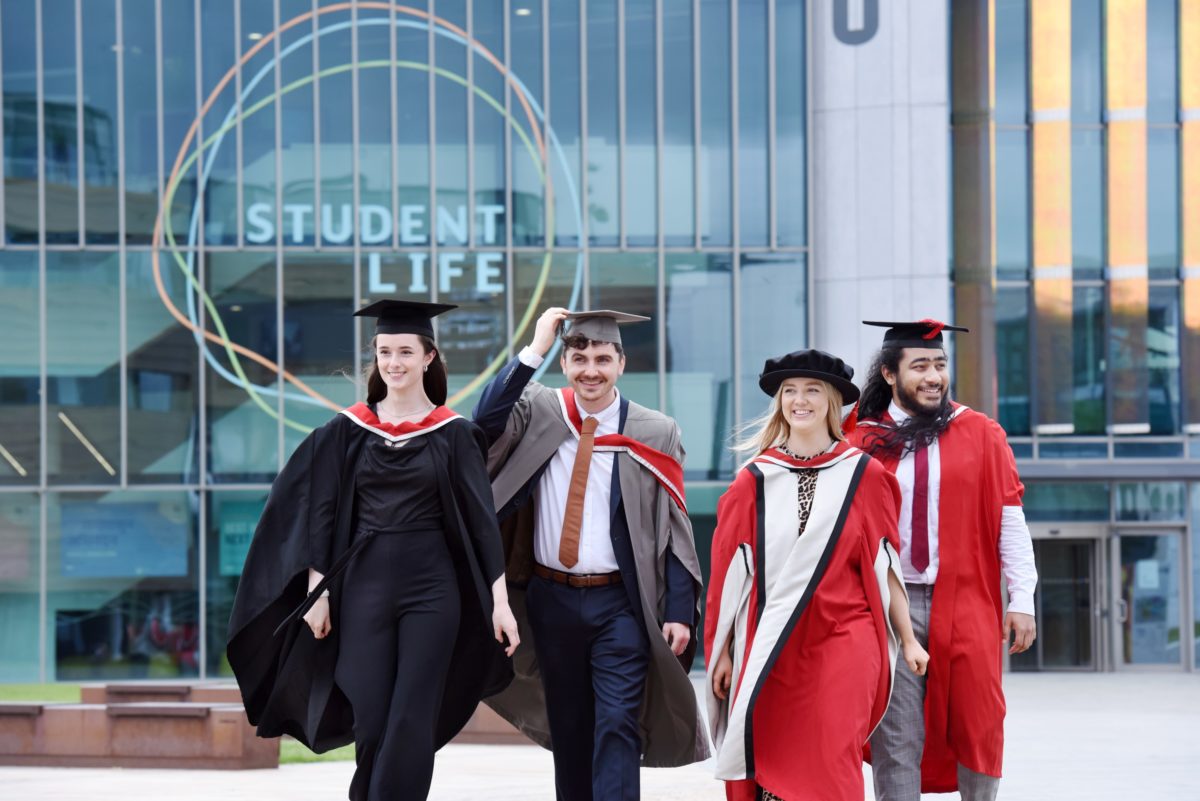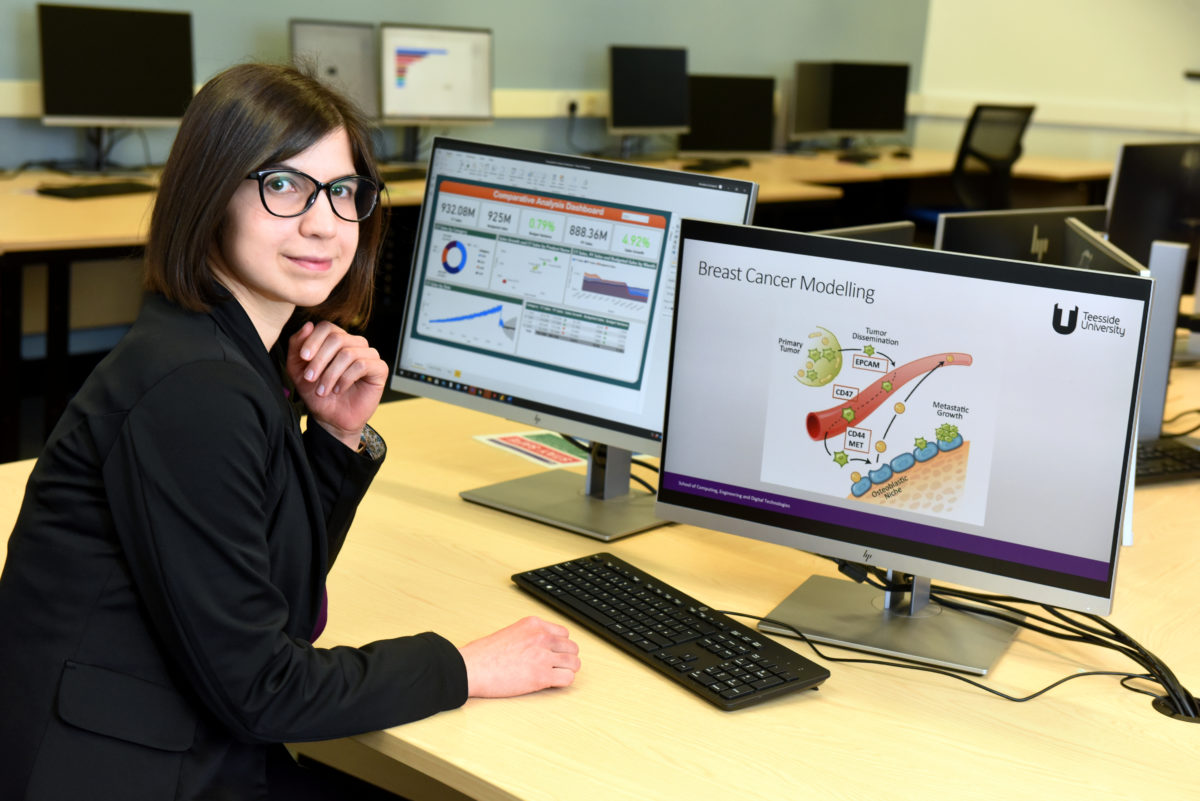By Rachel Thomas, Senior Lecturer in Comics, Graphic Novels & Sequential Arts at Teesside University. Photographer, Lisa Graves.
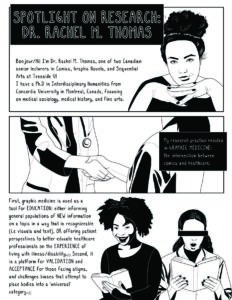
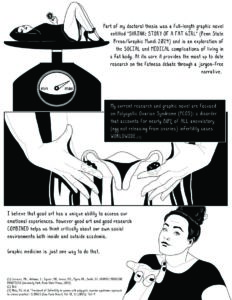
PANEL 1
Bonjour/Hi! I’m Dr. Rachel M. Thomas, one of two Canadian senior lecturers in comics, graphic novels and sequential arts at Teesside University! I have a PHD in interdisciplinary humanities from Concordia University in Montreal, Canada, focusing on medical sociology, medical history and fine arts.
PANEL 2
My research practice resides in graphic medicine: the intersection between comics and healthcare.
PANEL 3
First, graphic medicine is used as a tool for education: either informing general populations of new information on a topic in a way that is recognisable (ie. visuals and text), or offering patient perspectives to better educate healthcare professionals on the experience of living with illness/disability. Second, it is a platform for validation and acceptance for those facing stigma, and challenges biases that attempt to place bodies into a ‘universal’ category.
PANEL 4
Part of my doctoral thesis was a full-length graphic novel entitled ‘Shrink: story of a fat girl’ (Penn State Press/Graphic Mundi 2024) and is an exploration of the social and medical complications of living in a fat body. As its core it provides the most up to date research on the fatness debate through a jargon-free narrative.
My current research and graphic novel are focused on polycystic ovarian syndrome (PCOS): a disorder that accounts for nearly 80% of all anovulatory (egg not releasing from ovaries) infertility cases worldwide.
PANEL 5
I believe that good art has a unique ability to access our emotional experiences. However good art and good research combined helps us think critically about our own social environments both inside and outside academia.
Graphic medicine is just one way to do that.
